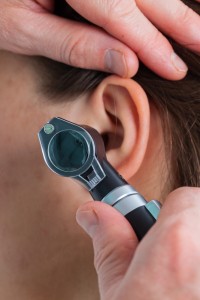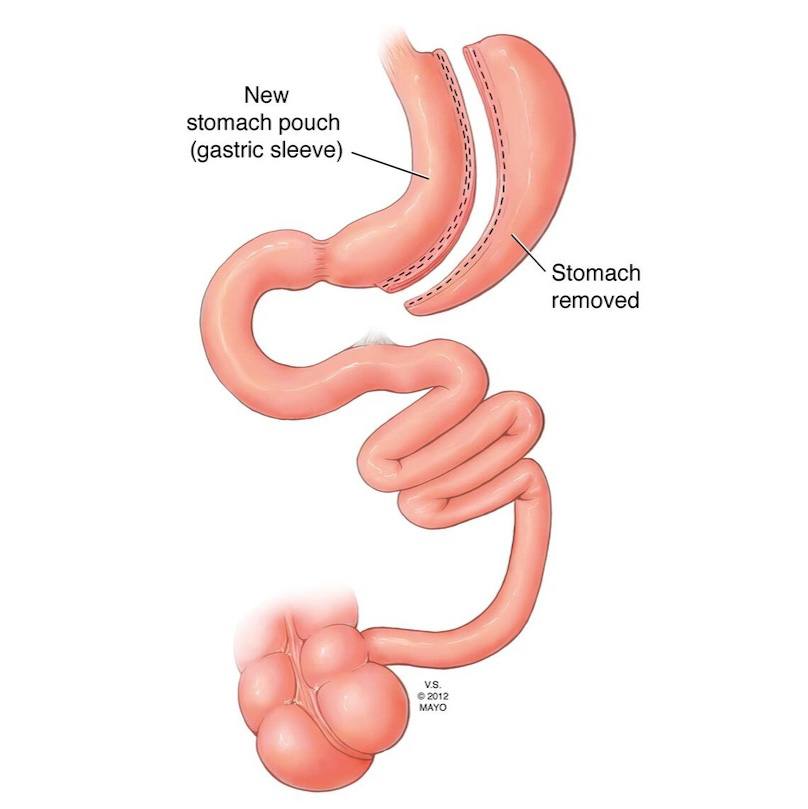-
 Minnesota
MinnesotaTinnitus: Ways to Reduce the Irritation
ROCHESTER, Minn. — July 19, 2012. Tinnitus — the name for a ringing, buzzing, whistling or hissing noise in the ear — isn't a disease.

Rather, according to the July issue of Mayo Clinic Health Letter, it's a symptom of something wrong with the hearing mechanism, hearing nerves or part of the brain that processes sound. Usually, tinnitus is believed to result from damage to the cells of the inner ear due to age-related hearing loss or exposure to loud noises. The damage results in the sensation of sound when there is none.
Tinnitus can range from mildly annoying and temporary to so loud and constant that it causes fatigue and sleep problems, stress, memory problems, anxiety, depression and irritability.
When tinnitus develops due to hearing loss or damage — with no correctable underlying cause — treatment focuses on finding ways to reduce the irritation from the noise. An audiologist or an ear, nose and throat (ENT) physician may recommend one or several strategies, including:
Hearing aid — A hearing aid helps patients with hearing loss hear the sounds around them better, which may reduce awareness of tinnitus.
Using masking noise — This strategy may include a small device worn in the ear that emits soft steady noises, tones or music. Tabletop sound machines may help with sleep. A fan or an FM radio tuned between stations may offer the same result.
Tinnitus retraining therapy — Patients listen to low-level steady noise, which over time may desensitize them to the tinnitus. This approach is usually part of a long-term management program reserved for severe tinnitus.
People with bothersome tinnitus should consult an audiologist or ENT physician. Sometimes, tinnitus has an underlying cause that can be addressed, and symptoms will diminish or go away. For example, tinnitus can be a side effect of medication. Excessive ear wax, problems with the neck vertebrae, allergies, Meniere's disease, middle ear fluid or thyroid problems can be factors. So can cardiovascular disease or tumors of the head and neck.
Mayo Clinic Health Letter is an eight-page monthly newsletter of reliable, accurate and practical information on today's health and medical news. To subscribe, please call 800-333-9037 (toll-free), extension 9771, or visit Mayo Clinic Health Letter Online.
###
About Mayo Clinic:
Recognizing 150 years of serving humanity in 2014, Mayo Clinic is a nonprofit worldwide leader in medical care, research and education for people from all walks of life. For more information, visit 150years.mayoclinic.org, www.mayoclinic.org and newsnetwork.mayoclinic.org.
Media Contact: Ginger Plumbo, 507-284-5005 (days), newsbureau@mayo.edu







